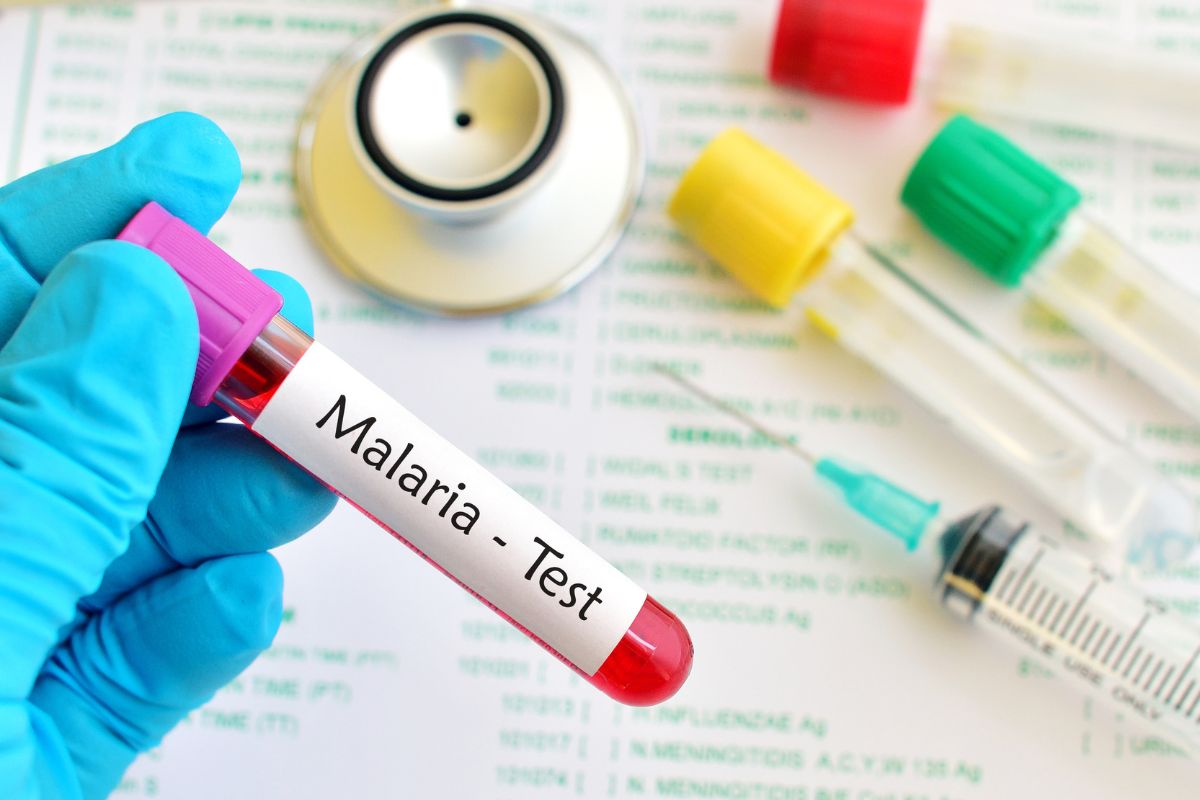

Anopheles mosquitoes carrying Plasmonium parasites bite people, therefore spreading malaria, a dangerous and maybe fatal disease. Early malaria symptoms and knowledge of when to contact a doctor can have a big impact on outcomes since timely diagnosis and treatment are essential to avoid complications and death. The early symptoms of malaria are investigated in this article together with advice on when to see a doctor.
Table of Contents
Common in many tropical and subtropical areas, malaria claims millions of lives annually. The illness shows up once the parasite gets into the bloodstream and proliferates inside red blood cells and the liver. The Plasmonium species determine the incubation period, which is the interval between the mosquito bite and the onset of symptoms—between 7 and 30 days or sometimes longer.
Early malaria diagnosis might be difficult since its first symptoms usually resemble those of another common disease like the flu. Still, early indicators must be identified if quick medical action is to be given. Here are the early malaria symptoms to be on the lookout:
Among the most often occurring early signs of malaria is fever. Often accompanied by chills and sweating, it might be high and recurring. The fever might cycle, matching the release of parasites from contaminated red blood cells.
Those in the early stages of malaria often claim regular headaches. Often associated with other symptoms, the headache can be mild to severe and is easily confused for a normal migraine or tension headache.
Common early malaria symptoms are overall body soreness and muscle aches. People may feel great tiredness and weakness even after the fever goes down. This tiredness can cause daily activities to be incapacitating.
Early on in malaria, gastrointestinal problems including nausea, vomiting, and diarrhoea might strike. If not treated quickly, these symptoms could cause dehydration and worsen the disease more.
Usually presenting with acute chills, malaria can cause extreme perspiration. Characteristic of malaria, these cyclical patterns of chills and sweating are connected to the life cycle of the parasite inside the red blood cells.
Early on with malaria, one often feels generally malaise, discomfort, and uneasiness. People who feel weak and lazy may have little will to do daily chores.
If you have any of the aforementioned symptoms—especially following travel to or residence in a malaria-endemic area—you should visit a doctor right away. Early identification and treatment help to stop the condition from developing into severe and maybe deadly complications. These are some main rules on when to see a doctor:
See a doctor right once if you recently visited a malaria-endemic area and get fever, headache, chills, or muscular aches. Tell your doctor about your travel background to assist in the direction of a suitable diagnosis.
See a doctor even if the symptoms appear minor if you have recurrent or chronic ones including fever, headache, and tiredness. The sickness cannot be let to get worse without early intervention.
If you have serious symptoms—including trouble breathing, confusion, convulsions, severe stomach pain, jaundice (yellowing of the skin and eyes), or indications of anaemia (pallor, shortness of breath)—seek quick medical assistance. These signs point to problems that call for immediate care.
Pregnant women run more danger from severe malaria and related problems. See a doctor right once if you are pregnant and start showing malaria symptoms. Protection of the mother and the unborn child depends on early therapy.
Combining personal preventative actions, community projects, and medical approaches helps to prevent malaria. A few successful preventative plans consist in:
Managing this very fatal illness mostly depends on early recognition of malaria symptoms and knowledge of whether to consult a doctor. Early diagnosis and treatment help to reduce major issues and enhance results. See a doctor right away if you have a fever, headache, chills, muscle pains, or gastrointestinal problems—especially following a visit to a malaria-endemic country. Staying alert and aggressive helps us to lower the effects of malaria and safeguard our health and welfare.
Sign up to receive our email, delivering the latest stories straight to your inbox.
